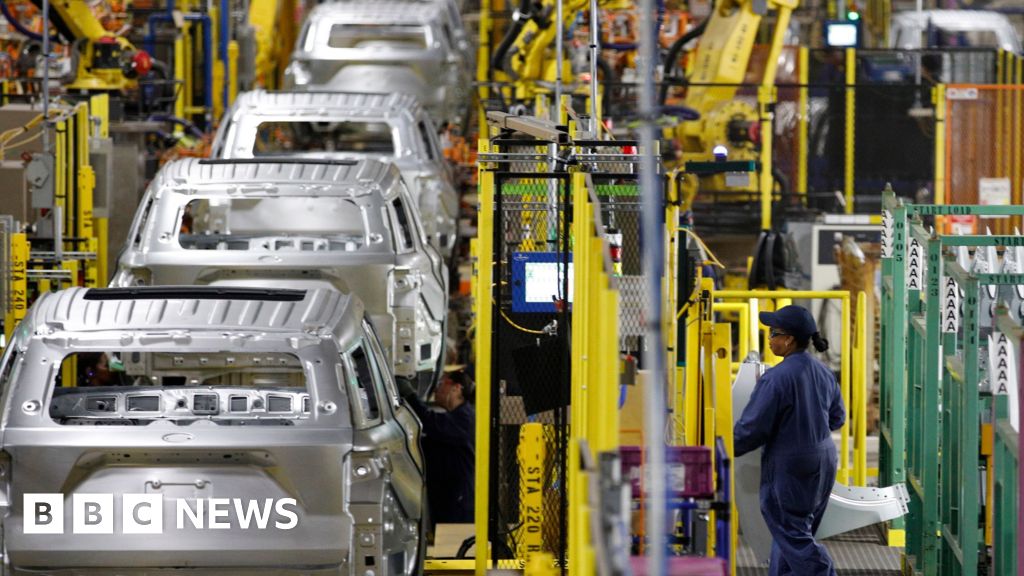
 BFA/StudioCanal/Alamy
BFA/StudioCanal/Alamy
Paddington will not be Americanised for US audiences, the boss of the firm behind the film franchise has pledged.
"This is the most British bear… it has appealed to a lot of people because it is authentic," said Canal+ chief executive Maxime Saada.
The news comes as the the French streaming company, which owns the film rights to the iconic British bear, began trading on the London Stock Exchange on Monday.
Chancellor Rachel Reeves has described it as a "vote of confidence" in the London market, which has struggled to attract new business in recent years.
Canal+ is being spun off from the Vivendi media stable, and is reported to be planning further global expansion from its new London base.
'We could have made an American movie'
Mr Saada told the BBC: "We got some feedback from American companies that Paddington the bear is not American enough.
"To maximise the Paddington box office, we could have made an American movie."
But he said the British bear's heritage would be preserved.
"This is really our most prized intellectual property... we are very careful about being very close to its roots and authentic."
Canal+ is behind streaming hits such as Versailles and its subsidiary StudioCanal owns the rights to an array of movies including Total Recall, the Shaun the Sheep and Bridget Jones franchises, and more recently the Amy Winehouse biopic, Back to Black, as well as the three films featuring the marmalade-munching bear.
The latest Paddington film, released last month, shows the bear and his adopted British family returning to his roots in Peru amid a trail of mishaps.
Mr Saada said Paddington 4 was "certainly not coming tomorrow" but confirmed that the company is working on a follow-up and an animated series.
'UK is important to us'
Canal+ operates in 50 countries and has 27 million subscribers, two thirds of whom are outside of France.
The firm's London listing comes after years of concerns over the exchange's lacklustre performance, with companies such as the construction group Ashstead and microchip designer Arm leaving to list overseas. Others have opted to go private.
The London Stock Exchange is set for its worst year for departures since the 2008-09 financial crisis. Some 88 companies have delisted or transferred their primary listing from London's main market, with only 18 taking their place.
Economists say a thriving stock market is important for boosting the economy because it helps businesses raise money by allowing them to sell shares.
This gives companies the funds they need to borrow and invest in new projects, create jobs, and expand, which in turn drives economic growth.
Mr Saada has said the new flexibility in rules for LSE and the UK's strong creative industry played a role persuading him to choose London.
"We have suddenly aroused a lot of curiosity from American investors, from British investors, from investors all over the world and we don't think this could have happened by listing anywhere else in the European territory."
"We have a long history of working with the creative industries here in the UK and that's also very important to us."
The flotation is expected to value the firm at up to €6bn (£5bn).

 Movie
Movie 3 months ago
85
3 months ago
85 





![Presidents Day Weekend Car Sales [2021 Edition] Presidents Day Weekend Car Sales [2021 Edition]](https://www.findthebestcarprice.com/wp-content/uploads/Presidents-Day-Weekend-car-sales.jpg)



 English (United States)
English (United States)